An ejector pump is a crucial component of your home’s plumbing system, especially in homes with basements or below-grade bathrooms. Its primary function is to remove wastewater and sewage from lower levels and pump it to the main sewer line. In Naperville, Illinois, where many homes feature basements, keeping your ejector pump in top shape is essential to avoid unpleasant backups and costly repairs. Here’s a step-by-step guide to maintaining your ejector pump for optimal performance.
Step 1: Understand the Basics of Your Ejector Pump
Before diving into maintenance, it's important to understand how your ejector pump works. Ejector pumps are responsible for moving wastewater from lower-level fixtures like toilets, sinks, and laundry rooms to the main sewer or septic system. Proper maintenance can prevent clogs, pump failure, and potential water damage in your home.
Naperville Consideration:
In Naperville, where many homes have finished basements and below-grade bathrooms, an ejector pump malfunction can lead to serious water damage if not addressed quickly. Regular maintenance ensures your system operates smoothly.
Step 2: Perform Monthly Inspections
You don’t have to wait for a problem to arise to check your ejector pump. Performing a quick monthly inspection can help catch small issues before they become major repairs. Start by removing the pump’s lid (make sure to wear gloves and protective gear). Check for any signs of debris buildup, corrosion, or damage to the pump's components.
How This Helps:
Regular inspections allow you to spot early signs of trouble like wear and tear or debris blockages that could affect the pump's performance.
Step 3: Test the Float Switch
The float switch is a key part of your ejector pump system, activating the pump when the water level rises. Over time, it can get stuck or malfunction due to debris buildup. To test the switch, fill the basin with water and observe if the pump activates properly when the water reaches a certain level. If the pump doesn’t turn on, the float switch may need cleaning or replacing.
How This Helps:
A working float switch ensures that your ejector pump activates when necessary, preventing potential backups in your basement or bathroom.
Step 4: Clean the Pit and Pump
The ejector pump pit collects wastewater, which can lead to sludge buildup over time. Cleaning the pit regularly prevents clogs and helps your pump work more efficiently. To clean it, turn off the pump and remove any debris or sludge from the basin using a wet/dry vacuum. Be sure to also clean the pump itself to remove any sediment or waste that could cause blockages.
How This Helps:
Regular cleaning prevents clogs that could reduce the performance of your ejector pump and lead to pump failure.
Step 5: Check for Unusual Noises
Your ejector pump should run relatively quietly. If you hear strange grinding or screeching noises during operation, this could indicate a mechanical problem or something stuck in the pump. If you notice unusual noises, it’s best to call a professional plumber in Naperville to inspect the pump and address any mechanical issues.
How This Helps:
Detecting unusual noises early allows for timely repairs, potentially saving you from a more expensive replacement down the line.
Step 6: Schedule Professional Maintenance
While DIY inspections and cleaning are important, scheduling annual maintenance with a professional plumber is essential to ensure your ejector pump is in optimal condition. A licensed plumber can perform more thorough checks, lubricate moving parts, and replace worn components to ensure your pump operates reliably.
Naperville Consideration:
With Naperville’s wet springs and harsh winters, ensuring your ejector pump is in top shape year-round is critical to avoiding basement flooding or water damage.
Conclusion
Maintaining your ejector pump is crucial to keeping your home’s plumbing system running smoothly, especially for homes with basements or below-grade bathrooms in Naperville. Regular inspections, cleaning, and professional maintenance can prevent costly repairs and ensure your system is ready to handle wastewater efficiently.
If you’re unsure about performing maintenance or if your pump is showing signs of wear, contact J. Blanton Plumbing, your trusted plumber in Naperville. We offer expert ejector pump maintenance services to keep your system functioning optimally year-round.
Join the No Drip Club Membership to enjoy VIP Priority Scheduling and preventative maintenance services, including ejector pump inspections, to protect your home from costly repairs and water damage.











